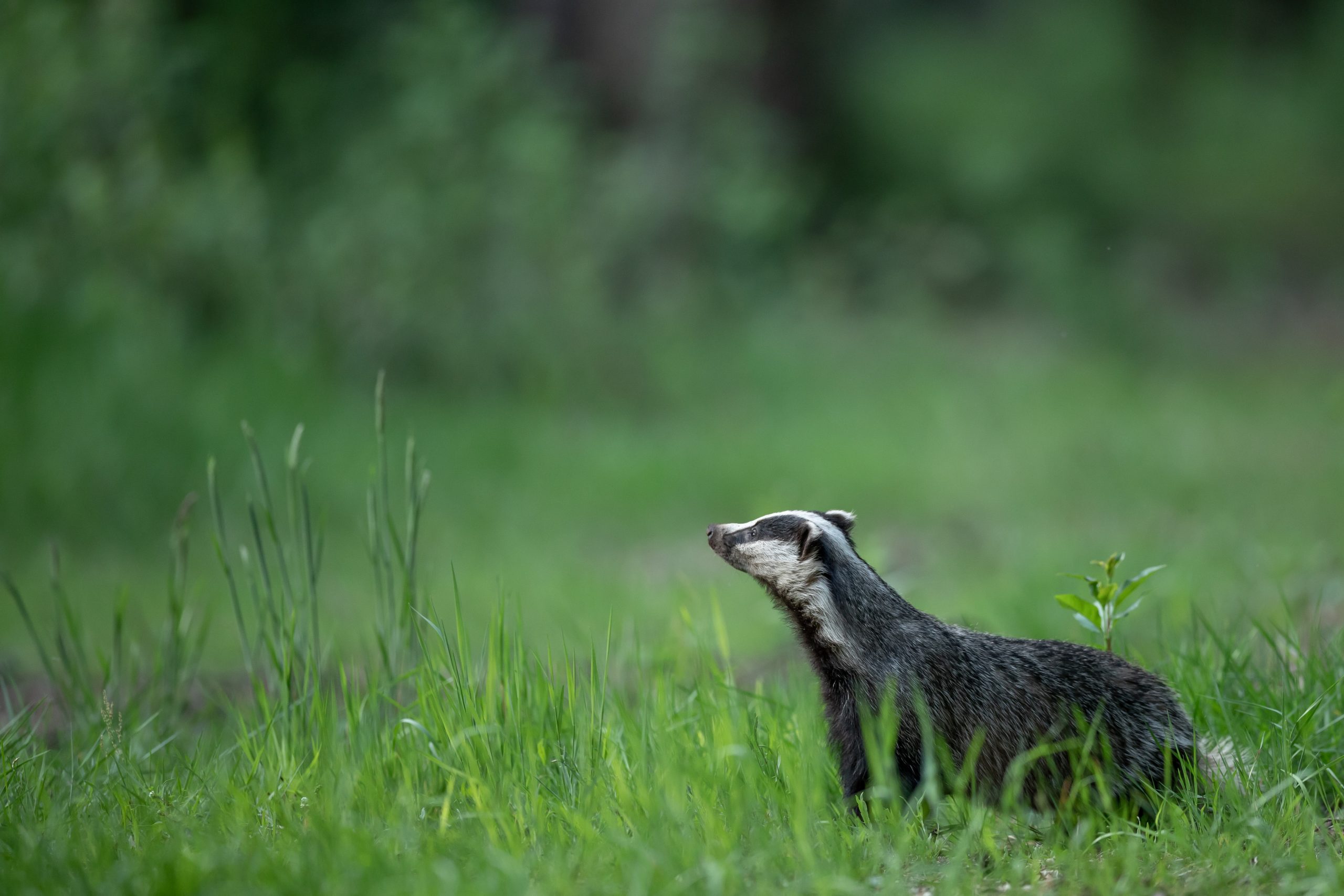Badgers are an integral part of many ecosystems, and their presence can have a profound impact on the health and balance of the natural world. Unfortunately, badger populations are declining in many areas due to habitat loss, persecution, and other threats. In this article, we will explore the importance of badgers in ecosystems and the efforts being made to conserve them.
Badgers are omnivorous and play an important role in controlling populations of rodents, rabbits, and other small mammals. They also help to aerate soil and distribute seeds, making them a vital component of many ecosystems. Badgers also serve as a food source for many predators, including foxes, coyotes, and raptors.
One of the most important ways in which badgers contribute to ecosystems is through their role as ecosystem engineers. By digging extensive burrow systems, badgers create complex underground habitats that provide shelter and food for a wide range of species. These burrows can also help to mitigate the effects of drought by providing a cool and moist environment that supports plant growth and helps to maintain soil moisture levels.
Despite their importance, badgers are facing numerous threats. Habitat loss and fragmentation due to development, agriculture, and other human activities are major concerns, as are road traffic accidents and illegal persecution. In some areas, badgers are also at risk from bovine tuberculosis, which can be transmitted to cattle and other livestock.
Conservation efforts are underway to protect badger populations and their habitats. In the United Kingdom, badgers are a protected species under the Protection of Badgers Act, and it is illegal to harm or disturb them or their setts. Badger vaccination programs are also being implemented to help control the spread of bovine tuberculosis.
In addition to legal protections, habitat restoration and management are also important tools for conserving badgers. Efforts to restore and connect fragmented habitats can help to improve badger populations, and the creation of buffer zones around important badger habitats can help to reduce the impacts of human activities.
Education and public awareness are also critical for conserving badgers. By raising awareness of the importance of badgers and their role in ecosystems, we can help to promote greater understanding and support for conservation efforts.
In conclusion, badgers are essential components of many ecosystems, and their conservation is crucial for maintaining the health and balance of the natural world. Through effective management and conservation efforts, we can help to protect badger populations and ensure that these fascinating creatures continue to thrive in the wild.




